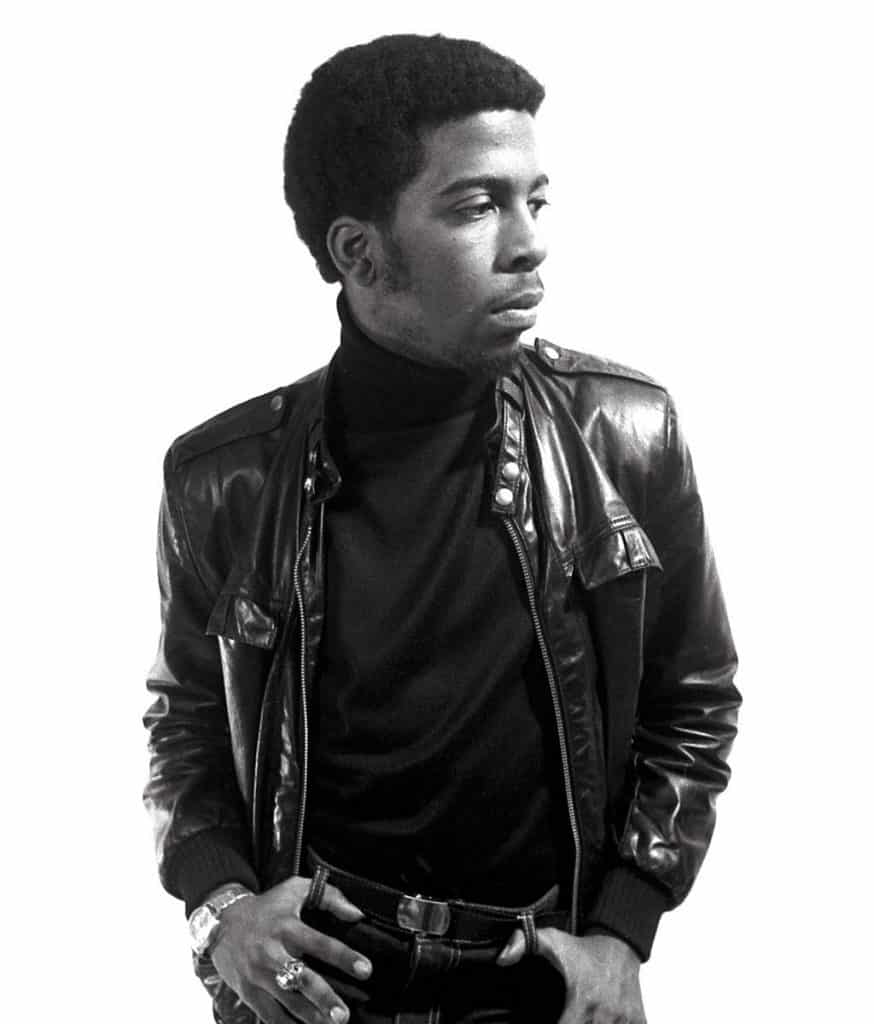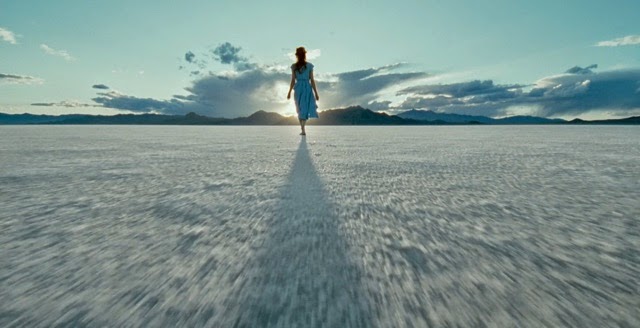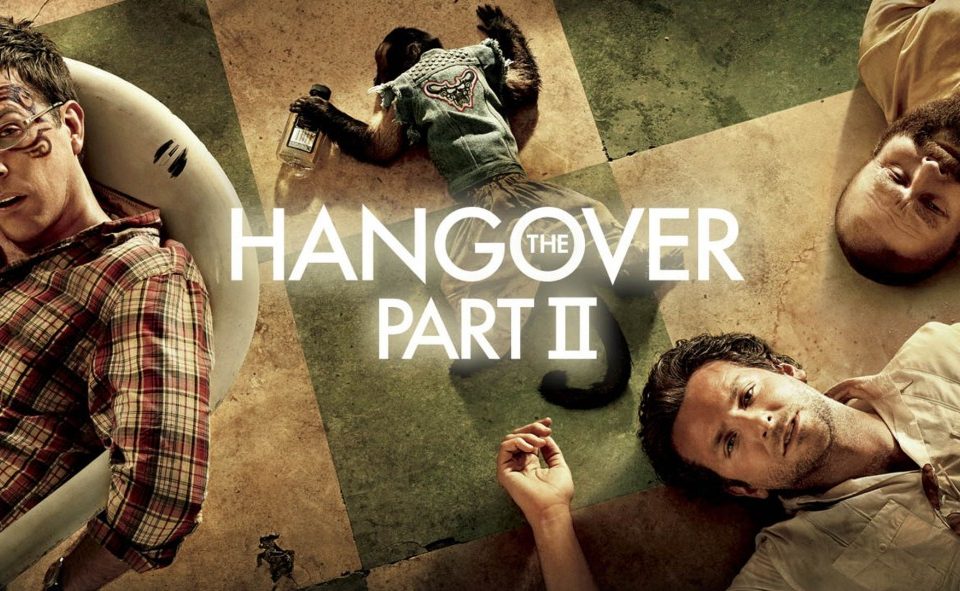
On the dopeness of Black Panther
February 27, 2018I’ve been away from the Kinoreal blog for a while, and I’ve missed writing it. Movies are the way I make sense of life, how I endeavour to understand the complex issues that affect me daily. Maybe I haven’t been motivated enough by any of the recent movies to add to the discussion. Black Panther has changed that. Although not a revolutionary film, elements of it speak to me profoundly.
How does Black Panther paint the African-American portrait? How does it interact with other films from Africa and the African diaspora?
A Little Background
The character of Black Panther was created in 1966 by Stan Lee and Jack Kirby, two legendary creators of superhero comics. Stan Lee is one of the architects of the Marvel Universe, and collaborated on the creation of superheroes including Spider-Man, The Fantastic Four and the X-Men. We can see Stan Lee’s affinity for marginalized characters in the X-Men. Doctor Doom from the Fantastic Four and Namor the Sub-Mariner are examples of the isolationist view that Wakanda adopts in the film. Black Panthers physical stature is attributable to Jack Kirby and his distinctive visual style, often used to represent figures of power, as in the DC Comics series New Gods.
Black Panther came into his own when African-American writers working for Marvel appropriated the character. Christopher Priest’s Black Panther series, under the adult imprint Marvel Knights, introduced Everett K. Ross to the Black Panther mythos, a character that has a prominent role in the film, for better or worse. Priest has said the creation of character Ross contributed heavily to his decision to write Black Panther, declaring in 2002 during an interview:

“I realized I could use Ross to bridge the gap between the African culture that Black Panthers mythos is steeped in and the predominantly White readership that Marvel sells to.”[1]
Priest’s comic book run also puts centre stage elements that will become integral parts of T’Challa’s story: international intrigue (translated: international interference in Wakandan affairs), the fighting prowess of the Dora Milaje; and T’Challa’s duties as king of Wakanda. Most of these themes are present in the movie to some degree.
Writer Reginald Hudlin’s take on the character explores the link between the kingdom of Wakanda and his ruler. Hudlin builds the myth of a historically strong Wakanda, resisting outside conquerors for centuries. He also maintains the mystery of T’Challa, a virtuous ruler whose legacy reaches back generations, and his link to the fictional African country. The Who Is the Black Panther? storyline is an exploration: T’Challa is a very human character, destined to lead his people as a chieftain of the Wakandan Panther Clan. His position is a lonely one, creating distance between him and his loved ones. Hudlin’s introduction of the character Shuri and T’Challa’s interactions with the royal family are important as they alleviate T’Challa’s loneliness, if only slightly.
This is the character director Ryan Coogler decides to tackle when he accepts to direct a live-action adaptation of Black Panther.
- Black Panther: A Perspective - March 20, 2018
- Seven Pounds (Gabriele Muccino, 2008) - May 5, 2015
- Honeymoon (Leigh Janiak, 2014) - January 30, 2015


